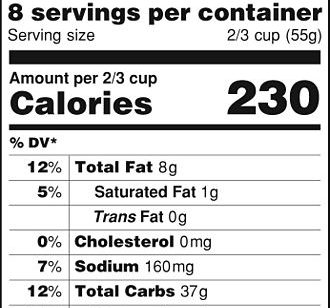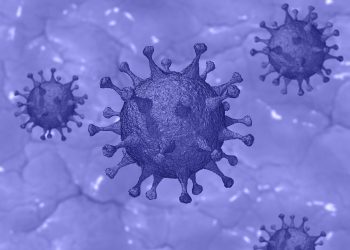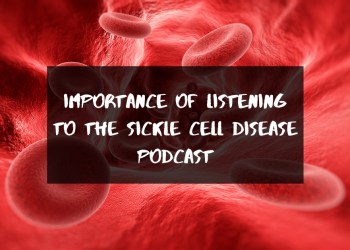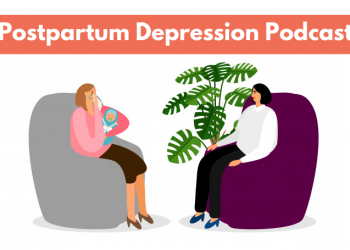High blood sugar after a meal linked to cancer
 A 15-year study involving over 45,000 individuals determined that consumption of high sugar content foods may increase the risk of colon cancer, bladder cancer, and diabetic related cancers.
A 15-year study involving over 45,000 individuals determined that consumption of high sugar content foods may increase the risk of colon cancer, bladder cancer, and diabetic related cancers.
The results varied depending on the amount of carbohydrates consumed and whether those carbohydrates came from high Glycemic Index (GI) foods.
The Research
Sci Rep. 2017 Aug 29;7(1):9757. doi: 10.1038/s41598-017-09498-2.
Dietary glycemic index, glycemic load, and cancer risk: results from the EPIC-Italy study.
Sieri S1, Agnoli C1, Pala V1, Grioni S1, Brighenti F2, Pellegrini N2, Masala G3, Palli D3, Mattiello A4, Panico S4, Ricceri F5,6, Fasanelli F7, Frasca G8, Tumino R8, Krogh V9.
1 Epidemiology and Prevention Unit, Fondazione IRCCS Istituto Nazionale dei Tumori, Milan, Italy.
2 Department of Public Health, University of Parma, Parma, Italy.
3 Molecular and Nutritional Epidemiology Unit, ISPO-Cancer Research and Prevention Institute, Florence, Italy.
4 Department of Clinical and Experimental Medicine, Federico II University, Naples, Italy.
5 Department of Clinical and Biological Sciences, University of Turin, Turin, Italy.
6 Unit of Epidemiology, Regional Health Service ASL TO3, Grugliasco, Turin, Italy.
7 Unit of Cancer Epidemiology, Department of Medical Sciences, University of Turin, Turin, Italy.
8 Cancer Registry, Department of Medical Prevention, ASP Ragusa, Italy.
9 Epidemiology and Prevention Unit, Fondazione IRCCS Istituto Nazionale dei Tumori, Milan, Italy. vittorio.krogh@istitutotumori.mi.it.
Abstract
Factors linked to glucose metabolism are involved in the etiology of several cancers. High glycemic index (GI) or high glycemic load (GL) diets, which chronically raise postprandial blood glucose, may increase cancer risk by affecting insulin-like growth factor. We prospectively investigated cancer risk and dietary GI/GL in the EPIC-Italy cohort. After a median 14.9 years, 5112 incident cancers and 2460 deaths were identified among 45,148 recruited adults. High GI was associated with increased risk of colon and bladder cancer. High GL was associated with: increased risk of colon cancer; increased risk of diabetes-related cancers; and decreased risk of rectal cancer. High intake of carbohydrate from high GI foods was significantly associated with increased risk of colon and diabetes-related cancers, but decreased risk of stomach cancer; whereas high intake of carbohydrates from low GI foods was associated with reduced colon cancer risk. In a Mediterranean population with high and varied carbohydrate intake, carbohydrates that strongly raise postprandial blood glucose may increase colon and bladder cancer risk, while the quantity of carbohydrate consumed may be involved in diabetes-related cancers. Further studies are needed to confirm the opposing effects of high dietary GL on risks of colon and rectal cancers.











